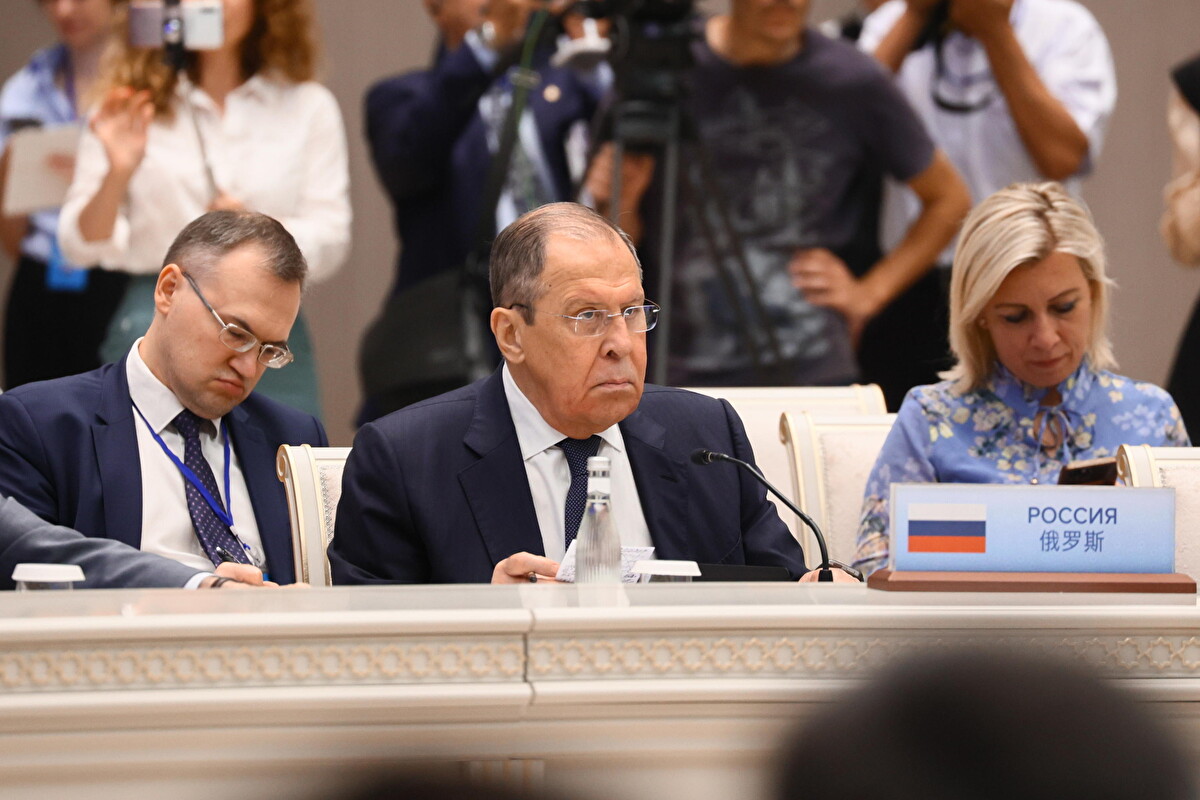When will the war Between Russia and Ukraine end, and how? “Don’t ask” is the unhelpful reply on which Moscow, Washington and Kiev might not disagree. Thinking the unthinkable is not a skill in which political leaders excel. Short-term calculations prevail among practitioners of the dark art of the possible.
A well-worn Washington mantra would have us believe that, “All politics is local”. But in wartime that statement is turned upside down. All politics becomes global. As soon as a conflict starts–aka “special military operation” in Kremlin’s Orwellian newspeak–the fog of disinformation covers everything. Truth becomes a risky business.
In Russia now, more than six months after the invasion, opinion polls assert that support for the “spetz-op” launched by Putin is as high as 80 percent. But the numbers are unreliable. Public discourse is effectively banned, under threat of heavy fines and imprisonment for calling the military operation “war”. Or, grotesquely, people in Russia can be fined and arrested even for holding signs containing eight asterisks *** *****: the number of letters contained in the phrase Нет Воины, “No War”!
Printed media and television dutifully echo and amplify state propaganda well over the realm of the absurd. As Putin’s regime quickly changes gears, from loosely authoritarian to openly dictatorial and repressive, wartime disinformation is pervasive. Its mission is no longer, as in Peter Pomerantsev’s bestseller, “Nothing is true and everything is possible”. The Putinist fiction is now served to the effectively captive home audience as the sole reality. Ukrainians are truly enslaved by a perfidious Western-backed Nazi regime, and awaiting liberation from their heroic Russian brethren. The invasion of Ukraine was really an inspired act of self-defense ordered by Putin to disrupt NATO’s imminent aggression.
Only a minority of media-savvy internet users have the means and skills required to bypass disinformation by using virtual public networks (VPNS). Russia is now leading the world in VPNS censorship-bypassing subscriptions. There is no chance however, that the minority of well-educated urban dwellers that in Russia get their information outside the official channels might grow to such a degree as to cause a regime change anytime soon.
According to Putin’s propaganda machine, Ukraine is “a failed state that never existed”, taken over by a neo-Nazi fascist junta installed by Western plotters. About the ongoing military operation Vladislav Surkov, the Russian-Chechen Putin adviser in charge of anti-Ukrainian propaganda, was unexpectedly frank. “The only method that has historically proved effective in Ukraine is fraternal coercion”, he said in a briefing to Russian media.
On the front of disinformation and immediate survival of his regime, for now Putin has the upper hand. Contrary to expectations, Russia’s siege economy (thanks not to the president, but to the superior competence of the Bank of Russia governor Elvira Nabiullina) has not collapsed. Despite the harshest ever sanctions imposed on a country of this size, the economy is in relative good shape, although according to the IMF latest report, a mild recession of 3 percent is now taking place, and it will probably worsen next year. With the ruble stabilized and the state budget in surplus to the tune of 800 billion rubles however, thanks to rising oil prices, the Izvestiya newspaper boasts that the country will be able to sustain the cost of the Ukrainian war for as long as it takes.
As for the long term, all bets are off. All autocrats are quite safe: until they aren’t. But the Kremlin clearly intends to encourage, and exploit to its advantage, any potential tensions that may arise within the energy-hungry Europeans, on the escalating costs, and risks, of an open-ended support to Ukraine.
More opportunities for Russia’s mischief-making may arise also from the projected enlargement of NATO with the admission of Sweden and Finland to the Alliance. There is no shortage, in Central Europe and further East, of frozen conflicts that, from the standpoint of an ancient imperial power that always felt the attraction to the Mediterranean warm waters, could be conveniently reignited.
The problem of the Ukrainian war, seen in this light, lies in the fiendishly complicated unwritten rule of engagement, that in comparison, make even the clearly stated protocols of the Mutual Assured Destruction (МАD) look almost like innocent child’s play.
Invisible de facto red lines, that are continuously redrawn, and observed or ignored at will, do exist in what is becoming a highly dangerous war of attrition by proxy, involving the two major nuclear superpowers, both of which are careful to avoid a direct confrontation, being well aware of what that would imply. Brinksmanship inevitably increases the risk of igniting–for the third time in just over a century– an unwanted disastrous world war with the potential, this time, of triggering a nuclear holocaust.
Meanwhile in Ukraine, the “country of sacrifice” according to the ghastly terminology of strategists, the systematic destruction of a great Slavic nation that does not want to be liberated by another much larger Slavic nation, but wants to be set free, is going on.
“With the collapse of the Soviet Union and the Warsaw Pact Moscow lost its West”. The comment in Foreign Affairs is by Anna Reid, the author of the recent book Borderland: A Journey Through the History of Ukraine. The trouble is that President Putin, having misjudged the response by what he considered the decadent West, and having partly failed as a strategist in Ukraine, is nevertheless determined to rewrite history to match his imperial ambitions. Both Ukraine and Russia– and quite possibly the whole world– will pay a heavy price for this disastrous replay of the superpowers’ Great Game.
(c) 2022 VNY La Voce di New York / Longitude Magazine












